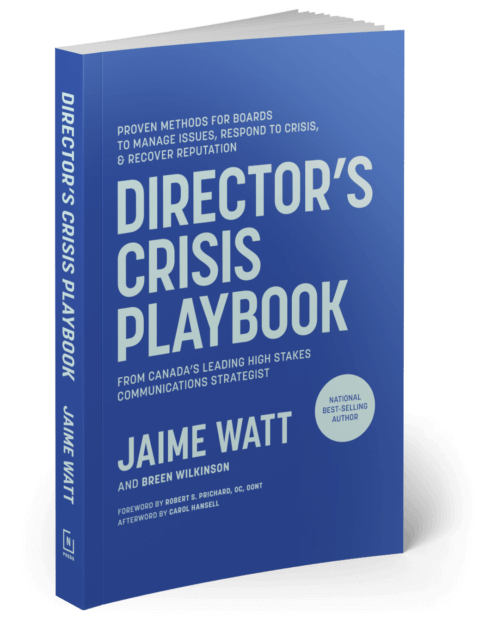As the Ontario provincial election race careens into its final weeks, there is already one clear winner: Toronto Mayor John Tory.
After decades in and around political arenas at the national and provincial level, Tory has hit his stride as the leader of the fourth-largest city in North America. After decades as a partisan politician, Tory’s clout now transcends that past.
Over time, his experience as a Conservative party leader, candidate and counsellor has been transformed into a power that is rooted in a collaborative, ecumenical approach. An approach that allows him to win trust and forge alliances that go well beyond traditional party lines. It ensures whatever the outcome of the bitter provincial contest, his influence – and his agenda for Toronto – will not be diminished.
As provincial election drama has ebbed and flowed, Tory’s strategy has, from the outset, been as simple as it is straightforward. Regardless of his past affiliations, he has consistently supported the parties and candidates with initiatives that benefit Toronto and challenged those who might do otherwise. That measured approach will serve him well in the municipal election coming this October.
While Tory has declared he is running for a second term, he’s made it clear he will not seek a third. That transparency has contributed to a (for now, at least) muted response from rival candidates.
Furthermore, since he registered as a mayoral candidate, Tory has remained low key. Foregoing splashy campaign launch events, he is instead pushing ahead the approval for a transit plan – one that faces some headwinds – before city council breaks at the end of July. Throughout a turbulent provincial race, Tory has remained disciplined.
As the leader of the Ontario Progressive Conservative party from 2004 and 2009, he learned how to work with a provincial caucus that is known for being difficult to manage. Specifically, he learned how to lobby various factions, seek common ground and build agreement wherever possible.
He also learned how to manage a politically disparate city council. Over the last four years, Tory has cobbled together unlikely voting coalitions to make progress on previously toxic issues, such as the ongoing Scarborough subway saga, regulating ride sharing companies, such as Uber, and his key election promise – SmartTrack.
As mayor, Tory is known for engaging with MPs, MPPs and councillors of all stripes. He attends their functions, supports their causes and walks the high road.
For example, despite the frequent criticism of Adam Vaughan, Liberal MP for Spadina-Fort York, Tory tweeted his congratulations on Vaughan’s recent remarriage. He has worked successfully with Premier Kathleen Wynne, who defeated him in his Don Valley West riding in 2007. He and Jim Flaherty, whom he defeated in the race for the Ontario PC leadership in 2004, worked together to provide counsel to former mayor, the late Rob Ford. Tory defeated Doug Ford, Rob’s brother, in the 2014 mayoral election, but is well-positioned to work with him in future.
That ability to play nicely with all others has paid off, contributing to his ability to extract $9 billion from both the provincial Liberals under Premier Wynne and the federal Conservatives under former prime minister Stephen Harper for transit and housing projects.
That’s not to say he doesn’t face the potential of challengers in the months ahead. The results of the provincial election could well shake loose erstwhile hopefuls who no longer have plum ministerial roles waiting for them at Queen’s Park, or one of the mayor’s biggest critics, Councillor Josh Matlow, could still throw his hat in the ring.
Even so, Tory has clearly played his cards right. He remains a political juggernaut. Should potential rivals choose to bide their time, as all signs indicate they will, he’ll turn his sights to local council races, and to leveraging his considerable political capital to squeeze more promises – and funding – out of the incoming premier.
In the aftermath of June 7, Tory’s collaborative arts and his ability to reach across the aisle may well be more important than ever.
Jaime Watt is the executive chairman of Navigator Ltd. and a Conservative strategist.


